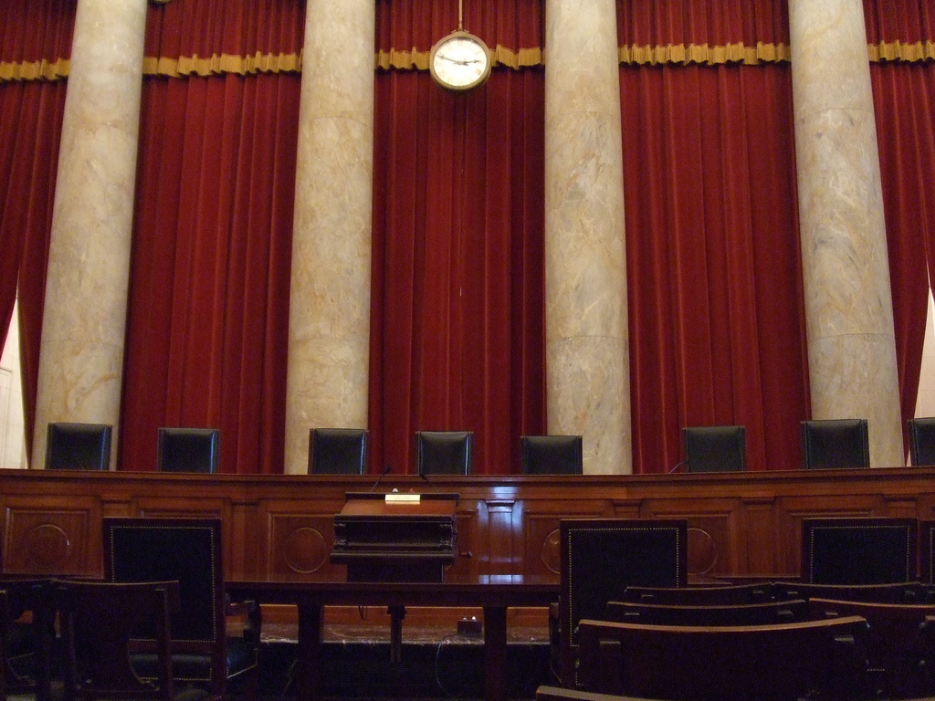Blind Eye Politics & Voting

Jim Greathouse, Jr., BS, DC, DACRB

There’s no denying that being political is the nature of the (human) beast.
From the minute we learn to effectively communicate we begin to position for wants and needs. For those who are good at it, others tend to gravitate toward that ability and naturally begin to depend on certain individuals to represent them; thus one individual begins to represent others. This is how small to large (political) groups form. We polite just about everything, short vs. tall, east vs. west, race, cats vs. dogs, even things like “what’s the best bowel movement” (Michael Greger, M.D.).
The reality show “Survivor” is a good microcosm of these behaviors and interactions. It’s also a good example of the dynamic nature of the beast as the wants and needs of the participants, both as individuals and “alliances” change as the game evolves. What’s even more interesting is the judgement process of the jury at the end. Even though the final three may have outlasted and outwitted the others, they are judged on how and what they did to get to the end. Here’s where ethics came into the equation and one was judged accordingly. Or at least that’s how it was until the season’s winner,“Boston Rob,” according to some aficionados, made it okay to be unethical. This is what some call being a “good player.”
After all, it was just a game.
He wasn’t a bad guy in real life, but in the game he was rewarded for outwitting (false promises), being more strategic (misleading, manipulating), more dangerous (wielding power with threats), willing to backstab to eliminate people, and thus it became okay to ignore social tenets of empathy and ethics in order to win a game, similar to our current political system!
The Merriam Dictionary describes politics as “showing good judgment especially in dealing with people.” Then goes on to add; “characterized by shrewdness in managing, contriving, or dealing, sagacious in promoting a policy, and shrewdly tactful.”
(Sagacious: discerning, showing insight and understanding.)
By definition the intent of politics is good, but one has to concede it is not without its grey areas, if not sometimes a dark side as well. That’s why we have religion, right? For “let him (those) who is without sin cast the first stone,” or “Forgive me father, for I have sinned.” Yes?
So we all go through life playing politics with one another, from the one on one to the national level, walking the fine line of ethics.
But real life politics isn’t a game and has real consequences.
Currently we are getting a mega dose of politics not only because we are in an election cycle but because we are experiencing what many perceive as out of control dark politics on both sides of the aisle. Many of the people seem to have accepted the “Boston Rob” game plan and are willing to ignore the negatives of their candidate in order to win the game. Many will vote simply because they believe one candidate represents the lessor of two evils.
So what’s wrong with this picture? Have we reached a point in politics where the tenets of truth, responsibility, ethics and empathy no longer matter? Are we better than this or are we getting what we bargained for? And to what end? To be great again and to allow continued corruption? How will history judge us?
I tend to believe that all those who feel that neither candidate meets the standards of a positive, ethical leader should either not vote or go with a third-party candidate as a protest. A record low for voting for the two parties will send our government and the world a message that we’ve had enough dark politics.
Enough of the Machiavellian stratagem in American politics.
We shouldn’t be at war with ourselves. We need to get out of this political quagmire, return to the popular vote, demand full disclosure, term limits, and get money out of politics so that true representation returns to government! Let the system work the way it was originally designed.